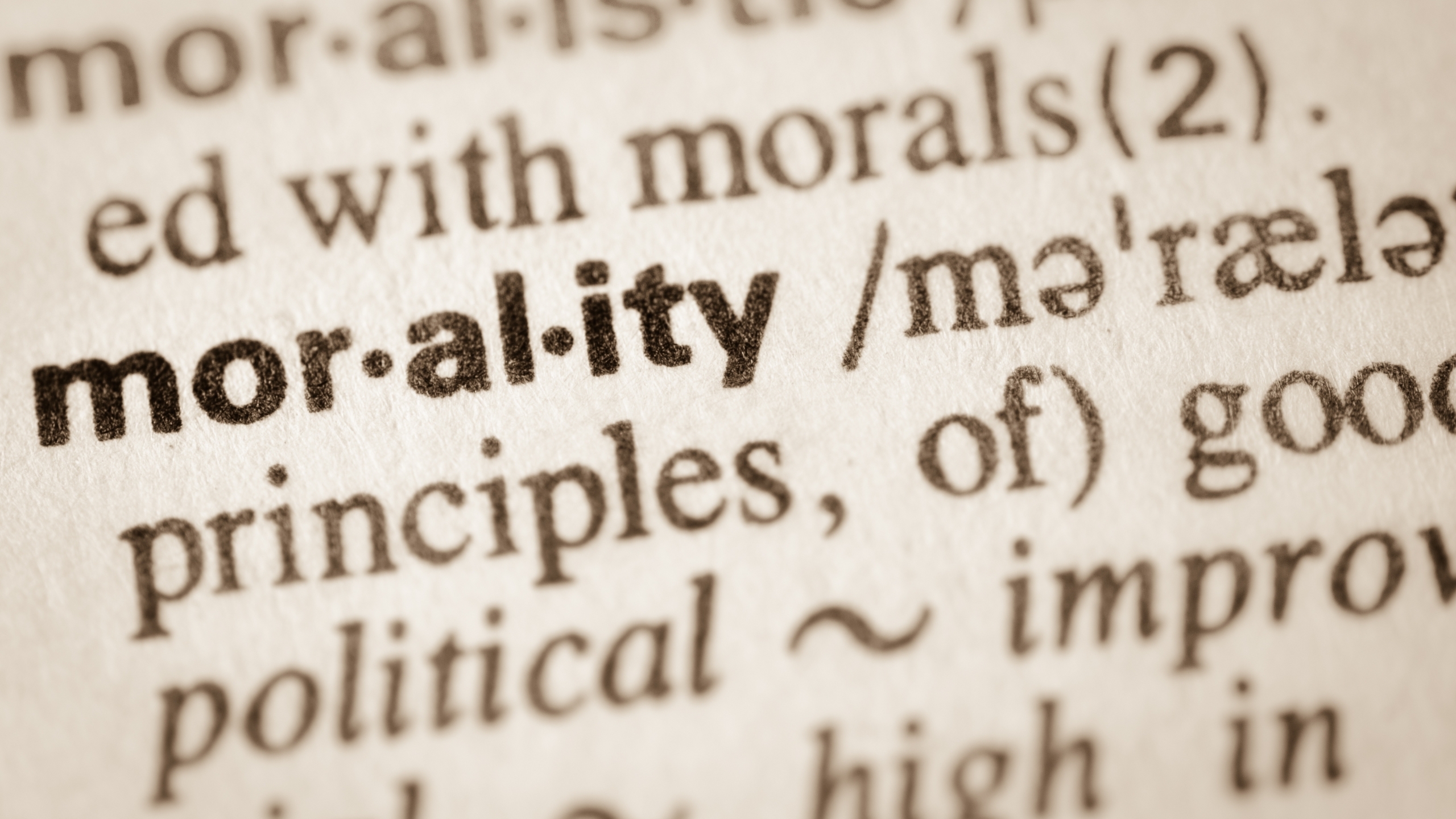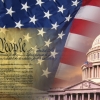A significant portion of the 2024 legislative session has been dominated by measures aimed at curtailing the personal freedoms of Alabama residents. It’s as if the focus has shifted away from addressing broader issues that positively impact all citizens toward enacting legislation that limits individual liberties. This approach not only narrows the scope of democratic freedom but also prioritizes control over empowerment, raising concerns about the direction in which our legislative priorities are headed. Such legislation seems to overlook the importance of fostering a society where individuals are free to make choices about their lives, underscoring a troubling trend toward more restrictive governance.
The first half of the session has seen a flurry of legislative activities aimed at limiting what individuals may read, watch, learn, and hear. Such actions strike at the core of our democratic values, acting as a metaphorical dagger to the heart of freedom and open discourse. The intent seems to be clear: to legislate a narrowly defined version of religious beliefs into the daily lives of Alabamians.
Behind the scenes, whispers of concern echo from Republican lawmakers who recognize the potential repercussions of these actions. They fear the implications for economic development, freedom of speech, education, and Alabama’s image both nationally and internationally. Yet, many choose silence or compliance, fearing the electoral consequences from the religious base of their party.
This approach to governance in our pluralistic society raises profound questions about the separation of church and state, a principle enshrined in the First Amendment of the U.S. Constitution. The essence of legislative action should be secular and inclusive, respecting the diverse of beliefs and perspectives that define our society.
Secular and inclusive laws are not just a preference but a necessity for a nation as diverse as the United States. They ensure that laws apply universally, respecting the rights of all citizens, regardless of their religious affiliations. Such legislation fosters equality, prevents discrimination, and promotes social harmony, aligning with the foundational principles of liberty, democracy, and personal freedom.
The culture wars we witness today, fueled by specific religious teachings, echo historical precedents where religion was used to justify actions like slavery. Just as interpretations of scripture once underpinned the institution of slavery, today some seek to mold our educational and social institutions through a similar narrow lens.
In Alabama, the push to “purify” schools through religious ideology is not just about education; it’s about shaping the future societal fabric based on a singular worldview. This approach undermines the multicultural, pluralistic essence of our nation, creating divisions and hindering progress in social justice reforms, LGBTQ+ rights, and broader societal inclusivity.
Advocating for pluralism in our laws is not just a political stance but a moral imperative. It respects the diversity of our society, promotes equality, and ensures that our legal framework is adaptable, reflective of our evolving societal landscape. Pluralistic laws are the bedrock of a just, equitable, and harmonious society, embodying the democratic ideals that should guide our legislative endeavors.
As Alabamians, and indeed as Americans, we must critically assess the trajectory of our legislative actions. Are we fostering a society that respects and celebrates diversity, or are we allowing a narrow perspective to dictate the contours of our collective life? The answer to this question will shape the Alabama of tomorrow and the legacy we leave for future generations.






















































